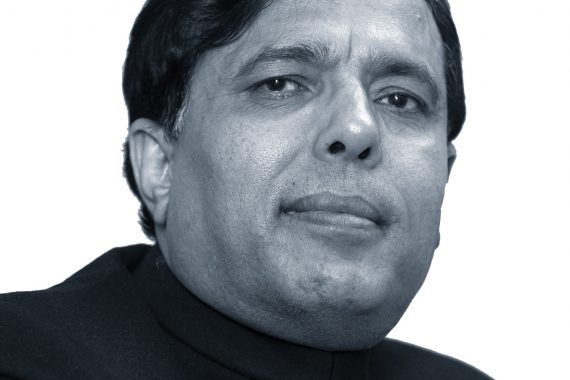Networks may not destroy us, but they won’t save us

Anyone who has visited their GP recently will be aware of the pressures: the struggle to get an appointment, the difficulty of seeing the same GP more than once, the rush to get you out of the door for the next patient.
The crisis in general practice is unprecedented, with more than half of all GPs regarding their morale as either low or very low, and over half considering early retirement. Thus, we could find ourselves in a scenario of not having enough GPs to replace the ones leaving the NHS, which would, of course, have terrible impacts on patient care. And at the end of the day, patients are why we entered the profession, and amid all the political changes, remain our upmost concern and reliable constant.
The proportion of GPs serving every 100,000 people has dropped from 70 in 2009/10 to 66.5 now. The health secretary (possibly only until 24th July…) Matt Hancock fails to understand the severity of the situation facing general practice in England.
There has been systematic underinvestment in general practice, relative to hospitals, for at least a decade. During this time, the job of a GP has become considered unattractive, largely thanks to its heavy workload and the stresses of seemingly relentless criticism in the media.
Hancock has repeated the promise made by his predecessor Jeremy Hunt to recruit 5,000 GPs. Can he tell us where those 5,000 extra GPs will come from? How can politicians deliver 5,000 extra GPs in the next five years, when we are expected to lose 10,000 GPs retiring in the same period?
By the time of the next election – and, I predict, Boris Johnson as Prime Minister – the general practice model of the last 70 years will have undergone revolutionary changes. We might begin to see GPs working as part of a broader non-acute sector, in larger teams, in different settings, and for new employers.
Meanwhile, a new tier of physician associates, along with more nurses and pharmacists, is planned. These skilled non-medical professionals could be allowed to take on a bulk of work traditionally only associated with GPs.
These changes would be unrecognisable to a GP from 1948. The core thrust of the NHS reforms is to deprofessionalise and downskill the practice of medicine in this country, so as to make staff more interchangeable, easier to fire, more biddable, and, above all, cheaper.
The core thrust of the NHS reforms is to make staff more interchangeable, easier to fire, more biddable, and, above all, cheaper
The Government’s response to tackle the GP crisis is the formation of primary care networks (PCNs). Although newly formed, they have already brought with them an avalanche of paperwork and legal requirements, which are eating away at valuable time needed for the provision of clinical care.
In my view, PCNs, like their predecessors primary care trusts and public consulting groups, are being set up to fail by taking on too many tasks too quickly.
Most of the extra funding in the new GP contract won’t go into core GP services, but into PCNs – a total of £1.8 billion a year by 2022.
Many GPs fear a loss of autonomy as a result of PCNs, especially if more and more funding is funnelled through them, bypassing practices directly. Quite a few GPs I meet certaintly don’t see PCNs as a panacea for reversing the decline of the morale of GPs.
In fact, some deemed PCNs ‘the last nail in the coffin’. PCNs may not be the instrument to destroy general practice, but they’re not the key to its revival, either.
So the concern to general practice comes not from PCNs, but the profession’s ongoing crisis. This is mostly categorised by loss of funding and staff, which has already forced hundreds of practices to go down one of the three routes: close, merge into mega-practices, or be taken over by the private sector. Each of these sadly leads to scores of patients losing their right to continuity of care.
Moving forwards, we require support to deal with issues such as risk, indemnity, governance, data sharing and organisational development, before experimenting with lock, stock and barrel changes.
Evidence from the development of integrated care systems shows that key factors for successful collaborations include developing trusting relationships, a shared vision, common values and good leadership. Without these being implemented, there is the very real risk of overinflated expectations being followed up with disillusionment and time-limited funding and support.
Needless to say, this would leave general practice in an even worse position.
Dr Kailash Chand OBE is a retired GP in Tameside
Pulse July survey
Take our July 2025 survey to potentially win £1.000 worth of tokens












